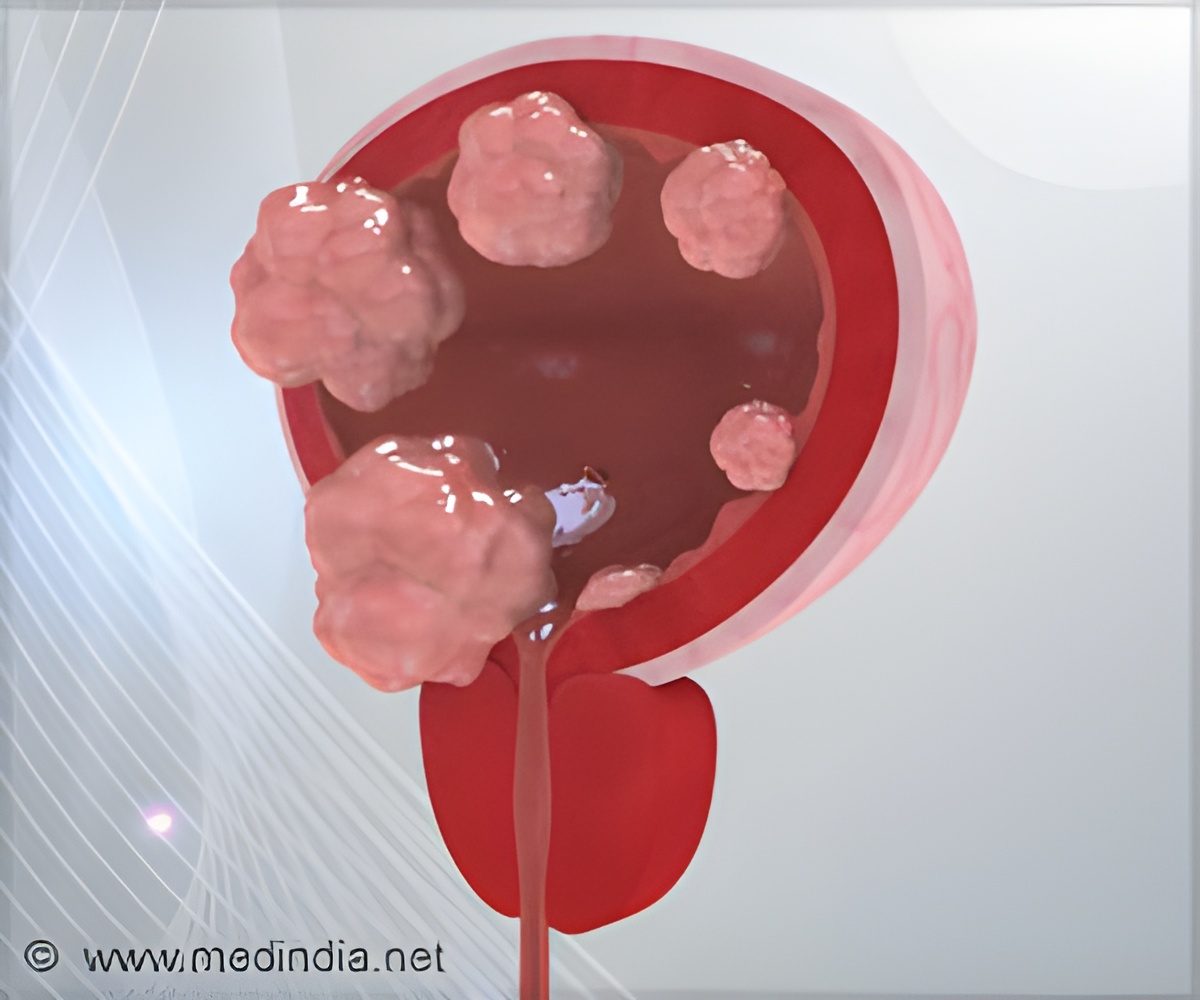Researchers discovered a mechanism that may drive the immune-dampening effect of chemotherapy and determined how to counteract it.

‘The novel drug combination of anti-inflammatory medication like celecoxib, chemotherapy, and immunotherapy can increase the immune response in bladder cancer patients.’





Since the 1940s, the main treatment for killing cancer cells has involved chemotherapy drugs, which kill the cells directly. But many of the current drugs kill their immune cells to invade cancer cells.In recent years, immunotherapy drugs have been added to cancer treatment regimens to help a patient’s immune cells attack cancer, but the response rate is low.
Previous studies have also found that the combined use of the chemotherapy drugs is unable to activate a patient’s immune response to cancer.
When the investigators added the anti-inflammatory drug celecoxib to gemcitabine to remove the brake, they were able to shift the balance toward the “go” signals, improving the immune response in laboratory mice.
“The addition of the celecoxib not only worked well with chemotherapy, but it also sensitized bladder tumors toward chemoimmunotherapy, providing a long-lasting response,” said Fotis Nikolo, Ph.D., a project scientist at Cedars-Sinai Cancer and first co-author of the study.
Advertisement
Next, the researchers plan to test the efficacy of the new treatment in randomized, placebo-controlled human trials in collaboration with their Cedars-Sinai Cancer and Mount Sinai clinical colleagues, including those researching new treatments for colon and pancreatic cancer.
Source-Medindia














